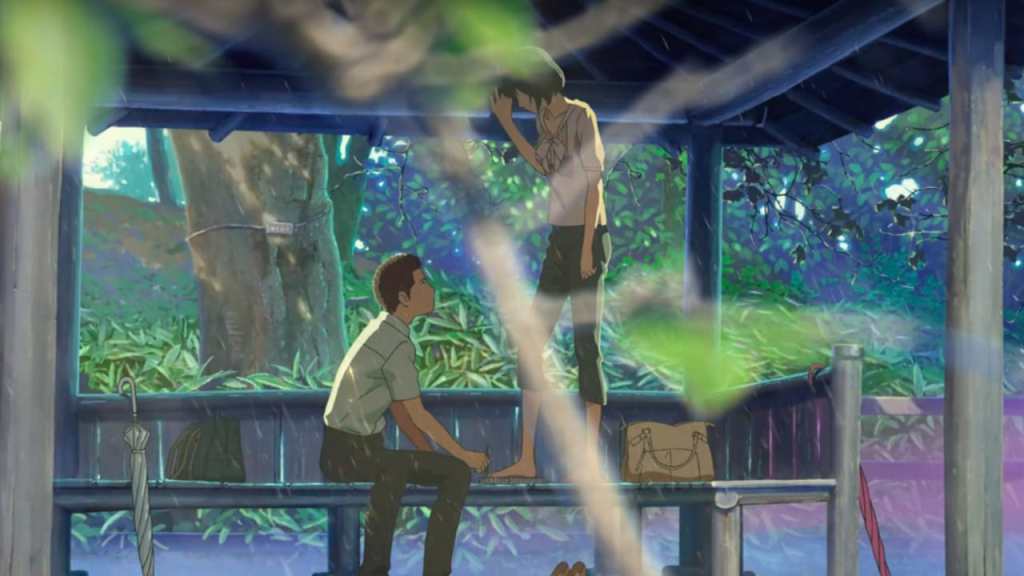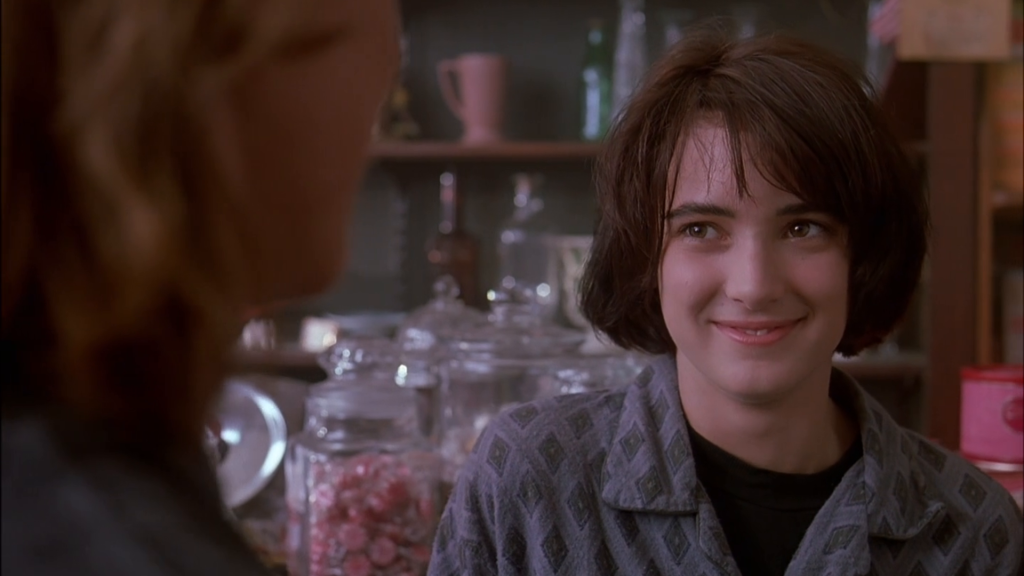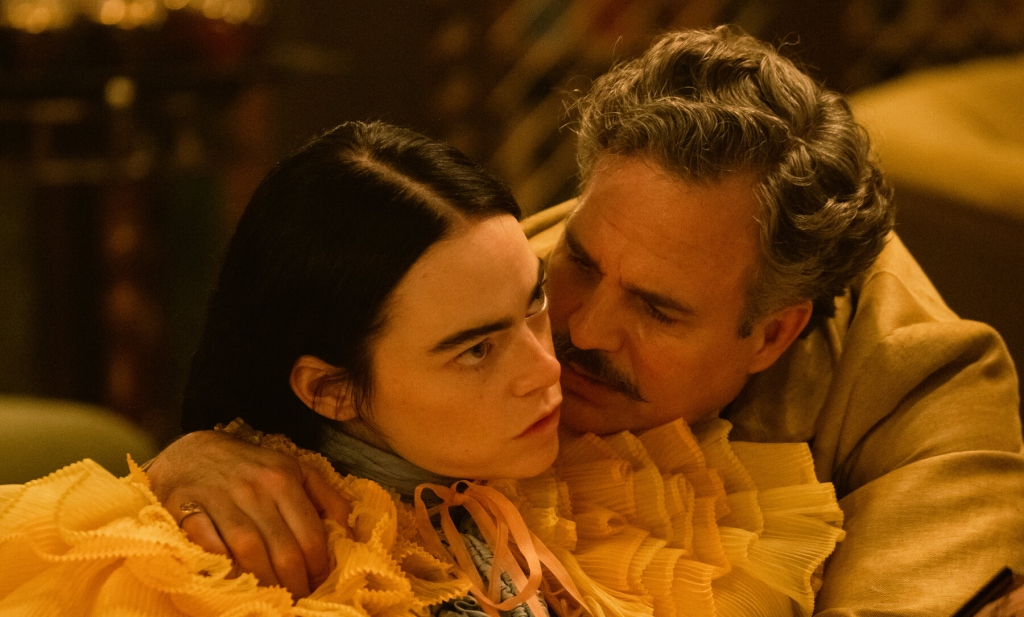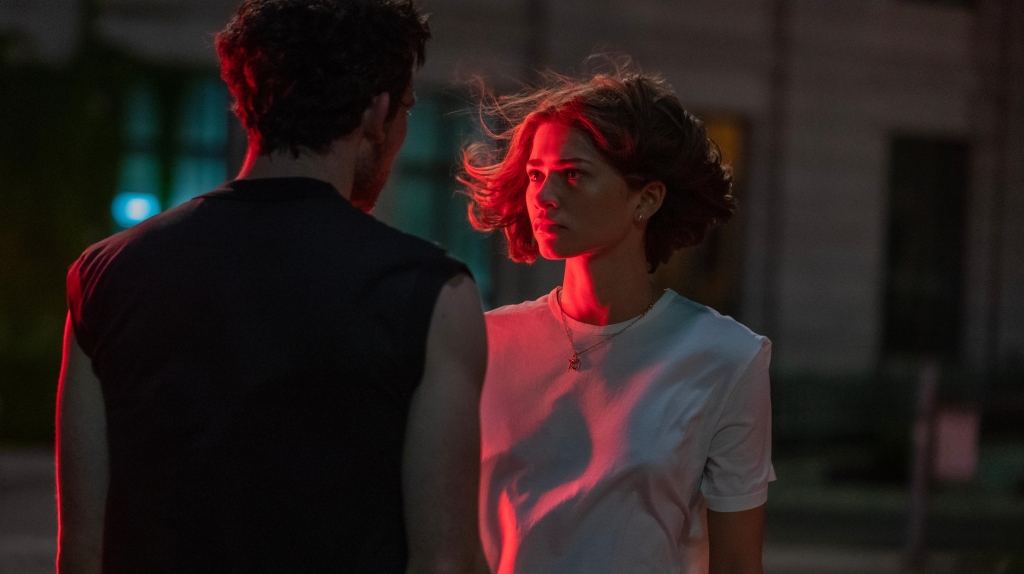 French cinema’s enfant terrible Gaspar Noé has returned. In typical Noé fashion, he comes on the back of a playful subversion of expectations; not necessarily ours – I suspect all of his fans and foes anticipate the sensory assaults to which he subjects his audience – but certainly for fashion house Yves Saint Laurent. Last year the company commissioned the Argentinian-born filmmaker to direct a 15-minute promotional short. He accepted the commission, and gave back a 51-minute short feature combining witch trials, a nightmarish film shoot, Carl Theodor Dreyer references, and kaleidoscopic colours so vivid that the film comes with an epilepsy warning. The glorious and melodramatic absurdity of it all is either maddening and pretentious or wonderful – and, it must be said, still pretentious. Either way, we have surely reached the stage – after experiencing I Stand Alone, Irreversible, Enter the Void, and Climax – where Noé is incapable of upsetting his viewers any more. You should know by now what you are in for.
French cinema’s enfant terrible Gaspar Noé has returned. In typical Noé fashion, he comes on the back of a playful subversion of expectations; not necessarily ours – I suspect all of his fans and foes anticipate the sensory assaults to which he subjects his audience – but certainly for fashion house Yves Saint Laurent. Last year the company commissioned the Argentinian-born filmmaker to direct a 15-minute promotional short. He accepted the commission, and gave back a 51-minute short feature combining witch trials, a nightmarish film shoot, Carl Theodor Dreyer references, and kaleidoscopic colours so vivid that the film comes with an epilepsy warning. The glorious and melodramatic absurdity of it all is either maddening and pretentious or wonderful – and, it must be said, still pretentious. Either way, we have surely reached the stage – after experiencing I Stand Alone, Irreversible, Enter the Void, and Climax – where Noé is incapable of upsetting his viewers any more. You should know by now what you are in for.
Lux Æterna begins with actor Charlotte Gainsbourg (playing herself) waiting to shoot a new arthouse film about medieval witch trials. She chats with her director, fellow actor Beatrice Dalle, who is making her filmmaking debut with this picture. It soon becomes clear that the production has run wildly out of control: the soundstage is littered with unnecessary journalists, fans, and wannabe directors, Dalle is at war with both her cinematographer and producer, and the entire film is on the verge of collapse.
While the film is ostensibly about a failed film shoot, Noé clearly has something to say about the place of women in cinema. Dalle and Gainsbourg chat about their mutual experiences being objectified and sexually exploited during their careers. Dalle’s producer and cinematographer are both late middle-aged men, bristling at the resistance Dalle puts up against their attempts at control. A bearded male journalist tries to accost Dalle while she works, claiming to represent a feminist film festival. An aspiring director is somehow allowed on set, interrupting Gainsbourg’s process with offers of a role in his first film. He arrogantly promises it will help her career; he is a nobody, while she is a veteran star of more than 50 films.
Noé, being Noé, pushes this mistreatment to confronting extremes. The climax is a violent sensory assault of screams, wails, and a flashing miasma of red, green, and blue light. It comes to directly resemble the murderous witch trails that is the focus of Dalle’s film. It is visually arresting, and the film as a whole has an active, frantic aesthetic. Much of the action is shot in dyptich, forcing the viewer to dart their attention back and forth between multiple conversations and crises.
Sadly this energetic, violent treatment can only take Noé so far. He has always had a particularly aggressive – and aggressively male – approach to feminism. His film tends to confront the traditional presentation of gendered violence, framing assaults against women in such a drawn-out and challenging way that the male gaze essentially ceases the function. While this is often an effective indictment of his fellow male directors, what it inevitably lacks – what it always lacks – is an authentic female voice. Beatrice Dalle and Charlotte Gainsbourg do tremendous work in Lux Æterna, but in the end they feel a little too much like props. This is effective stuff, and fans of Noé’s particular sense of extremity will likely be satisfied, but sometimes provoking an audience is not enough. The viewer is inevitably going to ask ‘so what?’, and sooner or later Noé is going to need to provide an answer.





Leave a comment